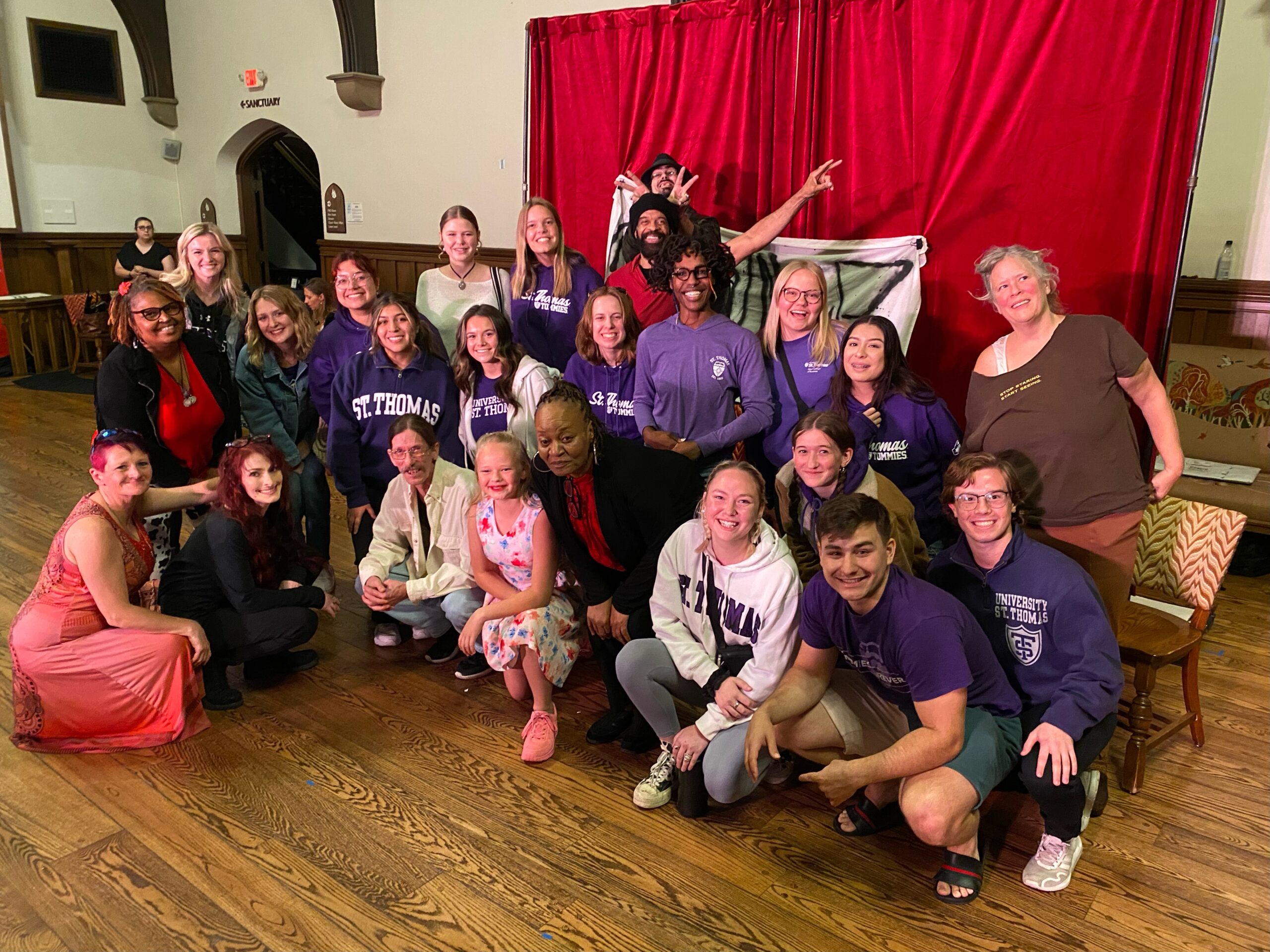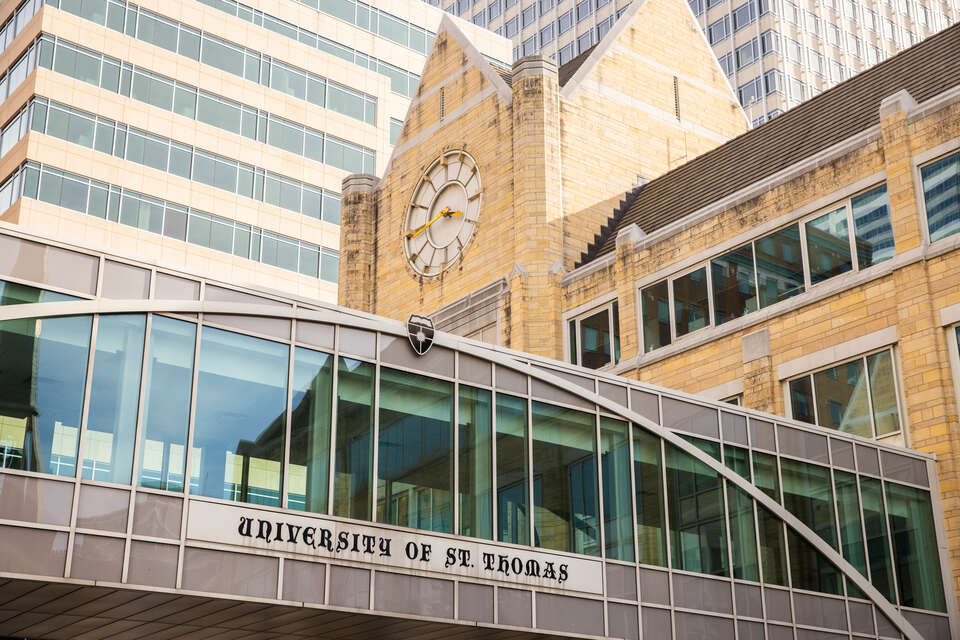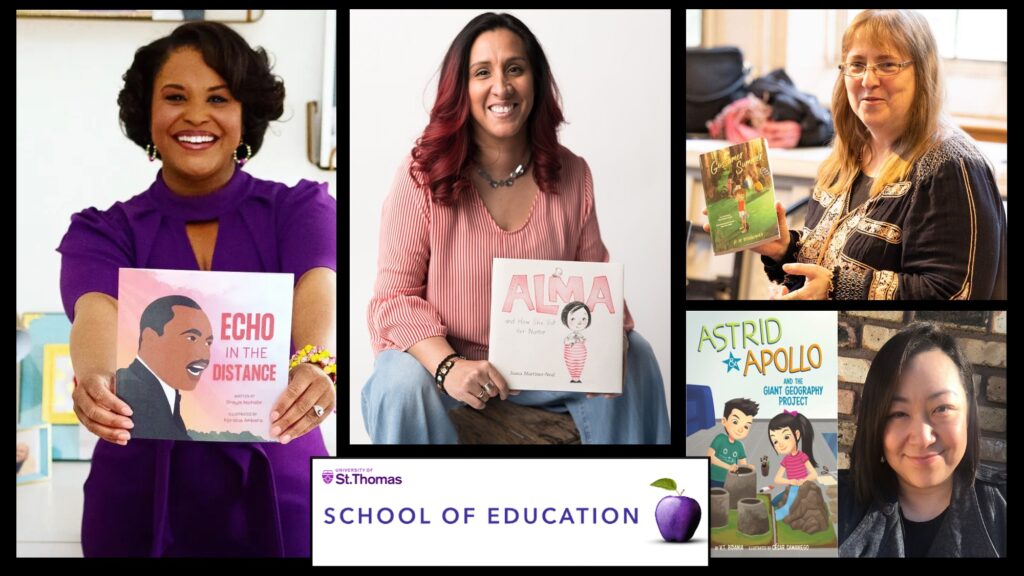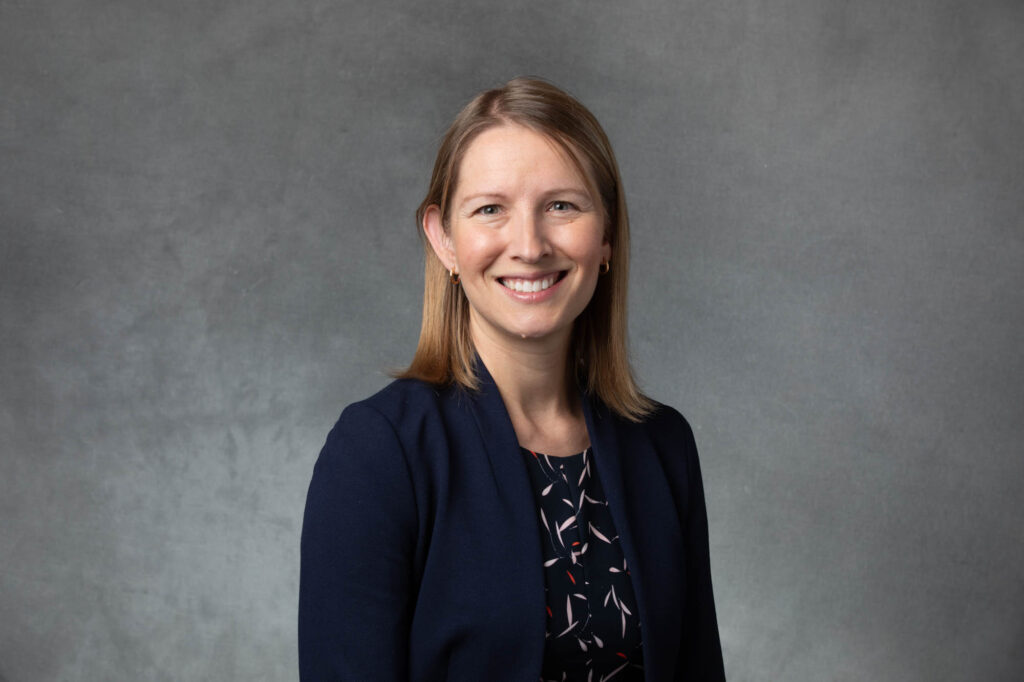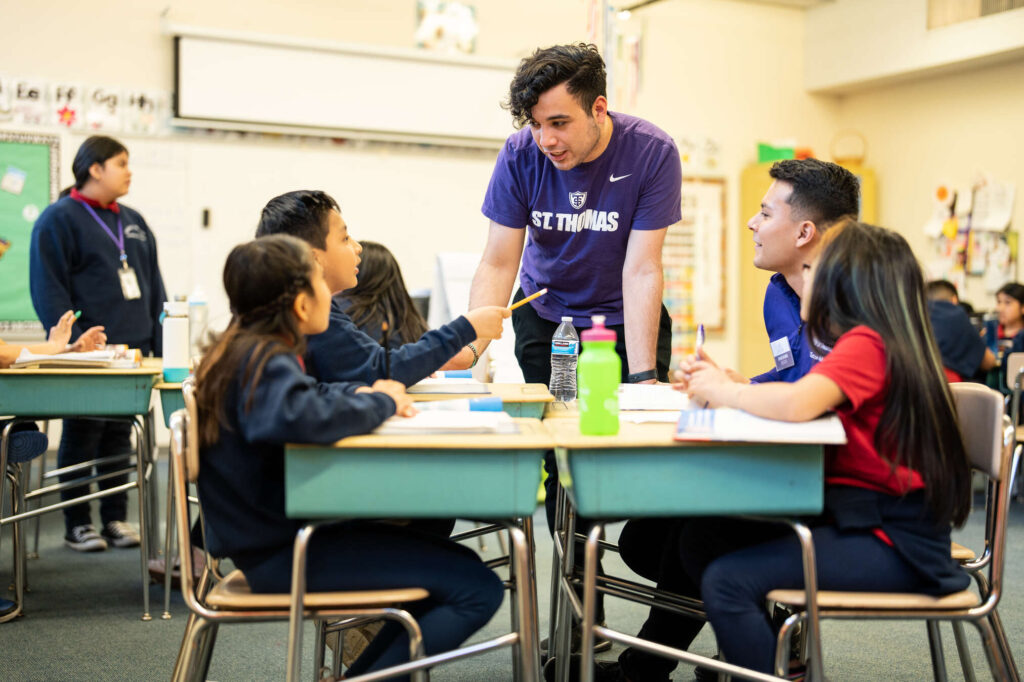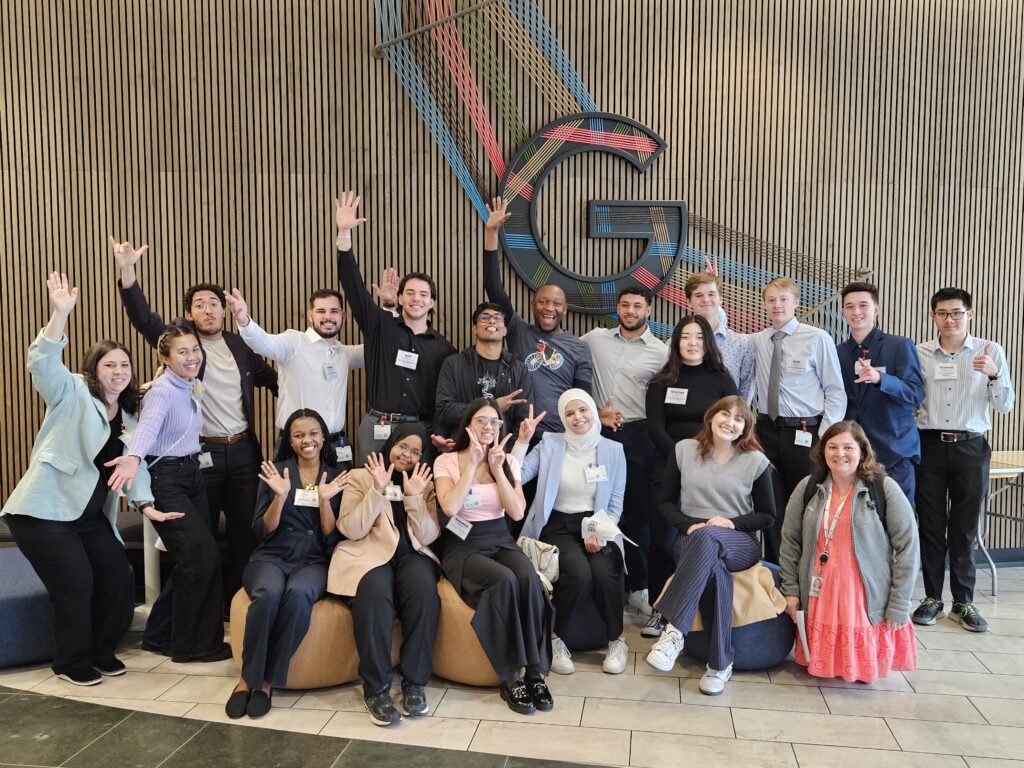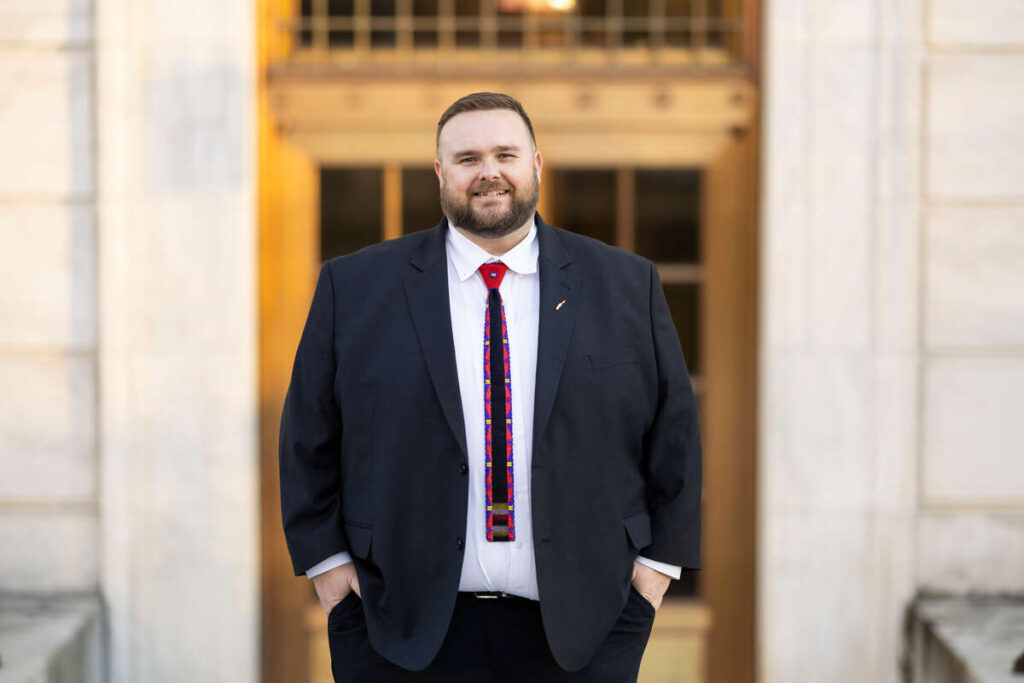On a brisk Wednesday afternoon last December, five University of St. Thomas students gathered at the Catholic Charities Family Service Center in Maplewood, Minnesota, to offer meals to families experiencing homelessness. This experience came about because the students enrolled in a Common Good Community-Engaged course called Diversity and Cultural Competence taught by Dr. Chelda Smith, an associate professor in the School of Education.
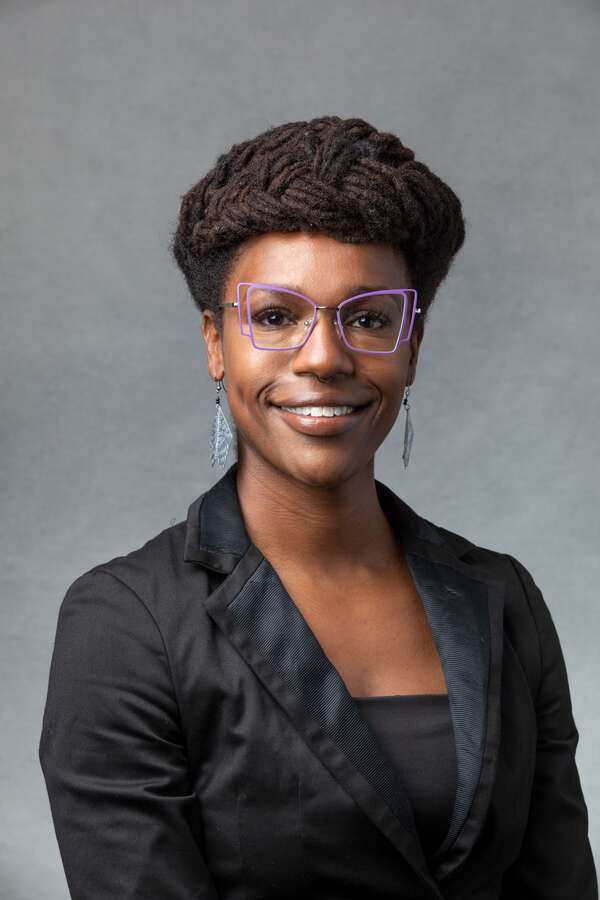
Common Good Community-Engaged courses, which are supported by St. Thomas’ Center for the Common Good, offer students an opportunity to partner with local community organizations to better understand complex issues and how to work toward solutions related to social challenges, such as food and housing insecurity, and environmental sustainability. Some of these courses include Faith and Ethics: Social Thought, Advanced Written Spanish and Culture, Project Management, Introduction to Engineering Design, and more. The number of Common Good Community-Engaged courses has tripled since their introduction seven years ago.
“St. Thomas wants to express our mission by engaging in our communities, learning with and from our communities,” Kelly Sardon-Garrity from the Center for the Common Good said. “Community-engaged learning is a mutually beneficial, reciprocal kind of relationship. We work very closely with partners, listening to their priorities and then collaborating through courses and volunteerism.”
Within this group of Common Good Community-Engaged courses is Smith’s class, which falls under the School of Education, whose overarching goal in offering such courses is to teach future educators to do no harm when engaging other communities and acknowledge the power dynamics, while also empowering the community. The objective is to build more connections between teachers and students who come from a variety of perspectives, so future teachers can diminish their unknown biases and better prepare their students.
“Oftentimes, when a teacher is perhaps from a middle-class background and has never experienced housing insecurity or food insecurity, they struggle to connect personally,” Smith said. “This course aims to humanize and invest in the educational outcomes and belief in the educational capacity of students who are non-Christian, who are queer, who are experiencing homelessness, or are at the intersection of those identities.”
Humanizing people experiencing homelessness
Smith’s class includes an exercise where students take a test to find potential blind spots. One such blind spot could be an unconscious struggle to understand and connect with others with different life experiences. The exercise outcome typically finds that most students’ blind spot is connecting with people experiencing homelessness.
“We learn about them and how to interact with them and how to be culturally relevant in the classroom,” said second-year student Ana Rodriguez, an elementary education major at St. Thomas. “As a future teacher, I know I am going to be interacting with all kinds of family dynamics.”
Maxfield Elementary School, a collaborative learning school with the School of Education where Smith’s students have volunteered, has a student population of 450, and 50 of those students are experiencing housing insecurity. The goal of working with this St. Paul, Minnesota, public school is to teach the education majors volunteering there how to better acknowledge and address their biases and help the students at the elementary school.
“It is also helpful being able to talk to Maxfield teachers about what that pedagogy looks like when you have a student experiencing homelessness who has chronic absenteeism, is highly mobile, or maybe has unmet basic needs,” Smith said. “And what does it look like to reflect them in an affirming way? I think has been a powerful feature of their learning experience.”
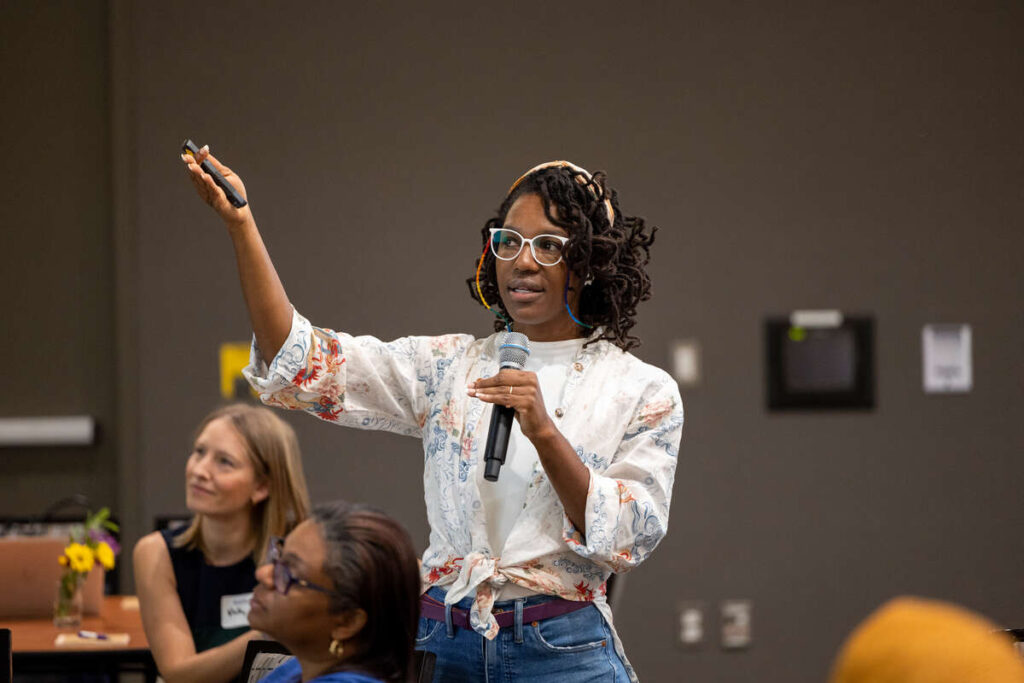
Most organizations that these courses partner with are already partnered with the university, but professors, like Smith, are also open to finding other connections as well. Smith, for example, had her students visit the zAmya Theater in Minneapolis to see a performance of “A Prairie Homeless Companion” last fall; the cast included many people experiencing homelessness. Some of Smith’s students also attended the zAmya event Locked In: A Theatrical Dialogue on Healthcare and Homelessness.
Students in Smith’s class were also required to do volunteer shifts through Catholic Charities Twin Cities, the course’s community partner, through the Center for the Common Good’s Shelter Crew program, where students must complete three two-hour shifts of preparing and serving meals to the clients experiencing homelessness.
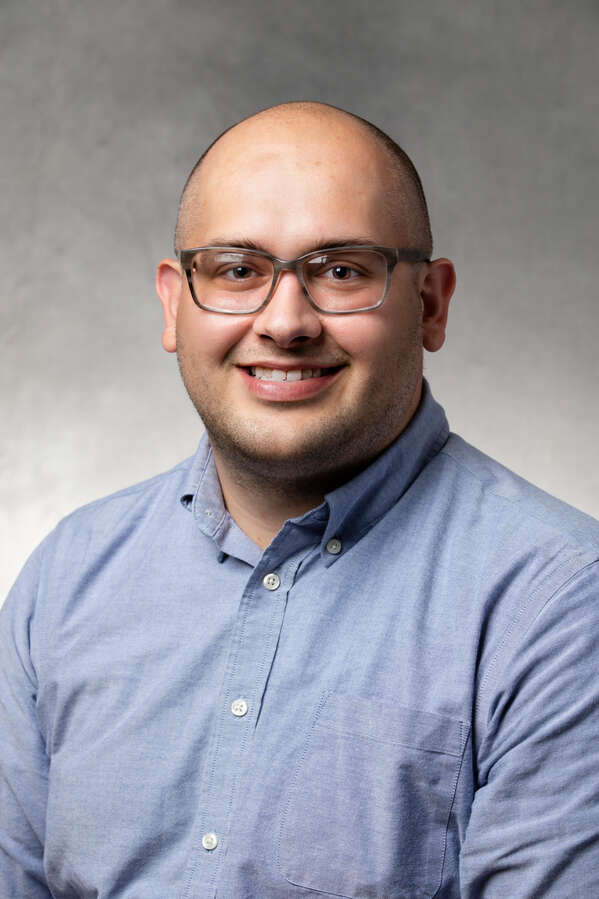
“Students feel inspired and empowered to continue to give back, not just through this class, but afterward as well,” Associate Director of the Center for the Common Good Dustin Killpack said. “They leave these courses with a better and deeper understanding of the issue and a newfound appreciation of our community partner’s assets and contributions, as we collectively work to close gaps and provide new opportunities.”
Rodriguez found the course very rewarding.
“Having direct connections with homeless people or people in shelters is nice to see all the different perspectives and interact with these people,” she said. “It helps you humanize them and understand them a little bit better.”
